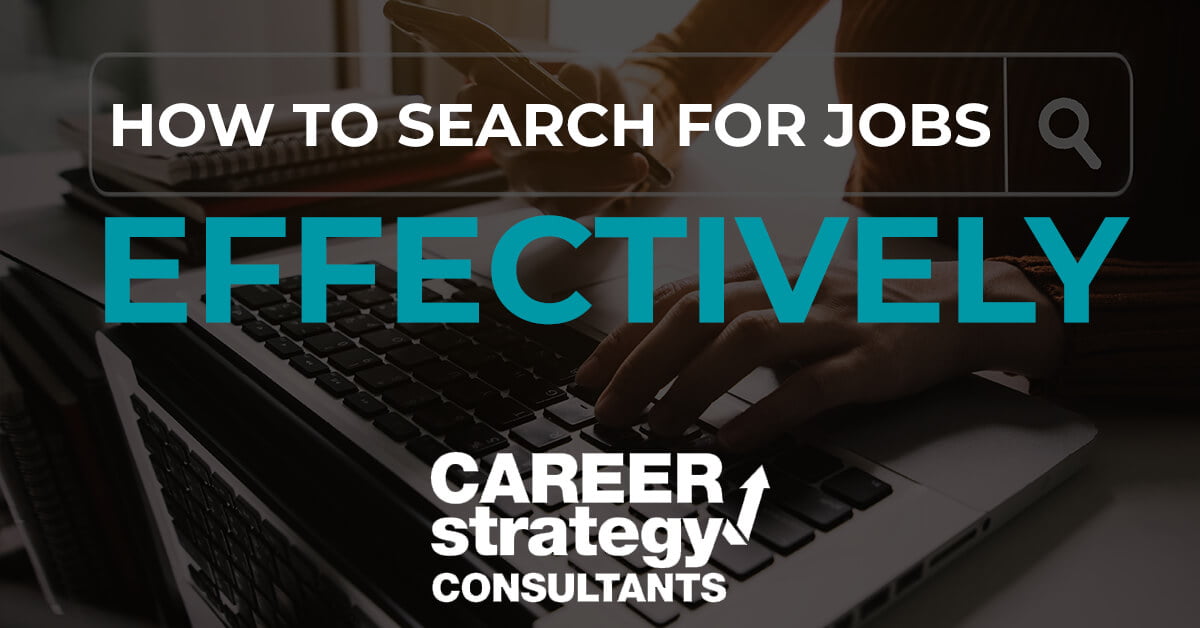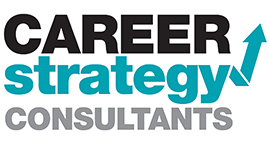How to Search for Jobs Effectively


In today’s job market, you are competing with hundreds of applicants for one role and it is increasingly difficult to get your resume noticed. Although it can be tempting, you should resist the urge to send out hundreds of applications blindly. It is far more effective if you take the time to select a few companies (We recommend at least 5-10) that really align with your goals and values and tailor your resume and cover letter accordingly.
The first step is to identify the companies you would like to work for. If you already have a job in mind, great. If not, then it’s time to do some research. The best way to start is by visiting each company’s website and Googling the latest news and developments related to them (If you find a company that you’re interested in, take the time to thoroughly read through their website. It is important to really understand the company’s mission, values, and vision). A simple google search can sometimes uncover important factors such as employee satisfaction, training and development opportunities, reputation, and customer satisfaction. We also recommend being open to several different industries and focusing more on the culture, direction of the company, work-life balance, and potential for future growth.
Why are employers making it harder to get a job?
Employers are getting more competitive, so it is more difficult now than it has been in the past to land a job. As a result, they are being hyper-sensitized to your resume. Therefore, you need to tailor your resume and cover letter attentively so that the employer can fully understand what makes you stand out among other applicants.
In short, employers want (and deserve) amazing employees who will make their organization succeed. It is important to remember that your resume is now effectively your first impression of yourself as a candidate. Therefore, you want to be sure that it perfectly represents who you are as a professional and what your strengths are.
Re-read the mission/vision/values statements and think about how they align with your own. Be sure to highlight examples from past jobs or school projects that demonstrate why you would be a great fit for the role.
What other kind of information do you need to include in your resume?
Job seekers are often very excited about pursuing new jobs and the opportunity to work for a company they admire. However, many people overlook the importance of resumes. Many job seekers fail to proofread their resumes before completing them and sending them out into the marketplace.

Those who get through the first round of screening will undoubtedly have all of their applications approved if a hiring manager can see that you have done your research on a company, that you’re applying for the role realistically, and that you have what it takes to excel in such an environment.
What is a good way to approach companies/managers in person?
This is a great question. It’s common knowledge that job seekers need to be direct and to the point when approaching employers. Most job seekers are worried about making a first impression and, in addition, do not want to come across as aggressive or obnoxious. However, you don’t want to be shy either. In our opinion, it’s best to approach individuals in person if: You have a common mutual connection in your network and have the opportunity to talk with them one-on-one (This can be done by sending a message through networking platforms such as LinkedIn). You have a strong understanding of the company you’re interested in (i.e. they have been around for a while or that they do work with similar companies you’re familiar with). Your opportunity to meet them does not come up very often (i.e., they do not have many open roles).


More Than Just Staffing
For Employers
For Individuals
